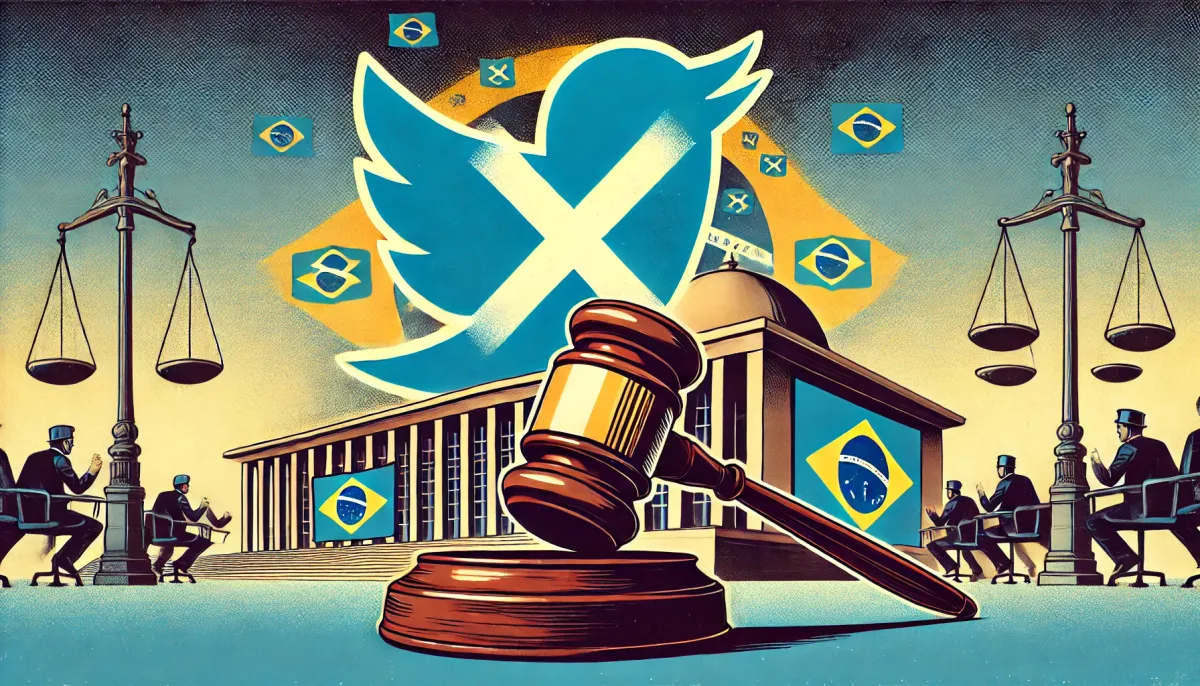Brazil's Supreme Court Suspends X Platform Over Legal Compliance Dispute

Brazil's Supreme Court Orders Suspension of X Amid Legal Dispute
In a significant development that has sent shockwaves through the tech and social media world, Brazil's Federal Supreme Court has ordered the suspension of X, formerly known as Twitter, in the country. This decision, led by Justice Alexandre de Moraes, comes as a result of the platform's failure to comply with a court order mandating the appointment of a legal representative in Brazil.

The suspension order follows X's refusal to meet a 24-hour ultimatum to designate a legal representative, a requirement that is mandatory for foreign entities operating within Brazilian borders. This non-compliance has not only led to the ban but has also sparked a broader debate about the responsibilities of global tech companies in adhering to local laws and regulations.
Political Context and Content Moderation Concerns
The ban on X is part of a larger investigation into digital militias that allegedly supported former President Jair Bolsonaro's attempts to retain power after his electoral defeat in 2022. This context highlights the complex intersection of social media, politics, and the spread of misinformation in contemporary Brazil.
Since Elon Musk's acquisition of Twitter, now rebranded as X, the platform has faced significant challenges related to content moderation. Critics argue that the company's approach to managing misinformation and hate speech has become more lax, potentially contributing to the current standoff with Brazilian authorities.
Implications for Users and Freedom of Expression
The suspension of X in Brazil affects approximately 24.3 million users in the country. While some users may attempt to circumvent the ban using Virtual Private Networks (VPNs), they risk facing daily fines of R$50,000 (about $9,000) for doing so. This situation has raised concerns about freedom of expression and access to information in Brazil.
The ban has far-reaching implications beyond just user access. It touches on fundamental issues of democracy protection, the economic power of big tech companies, and the balance between national sovereignty and global digital platforms. As the full Supreme Court bench prepares to review the case, the outcome of this dispute could set important precedents for how social media companies operate in Brazil and potentially in other countries around the world.

